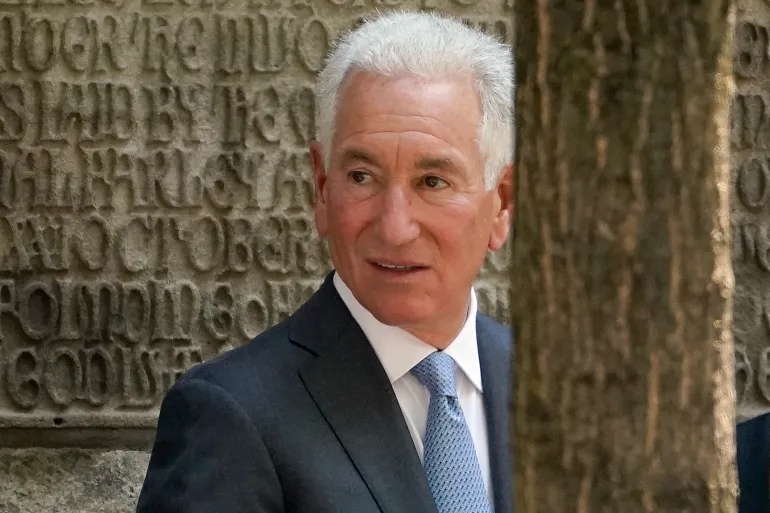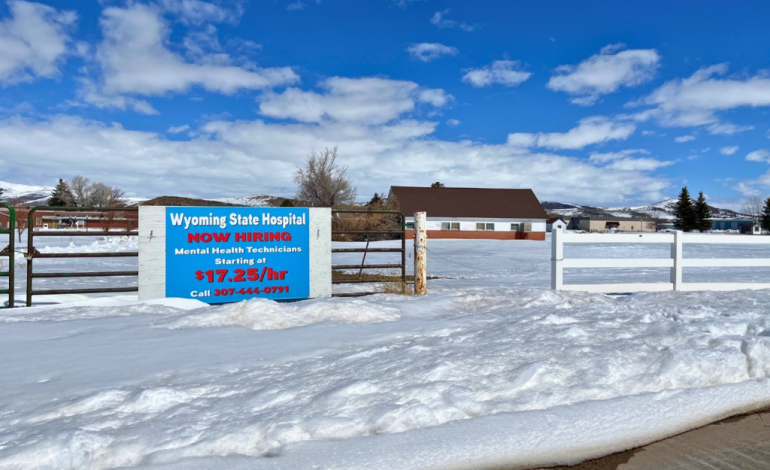Wyoming’s top health officials and a number of county sheriffs want to stop “warehousing people” in local lockups while they wait — sometimes for months — for a bed at the state psychiatric hospital in Evanston. A bill up Monday before the Legislature’s Joint Judiciary Committee would let the Department of Health reimburse sheriffs for caring for inmates found mentally incompetent or otherwise in need of treatment while criminal cases are pending.
On paper, it’s simple: the department could contract with county jails without prescribing exactly which services they must offer. In practice, supporters say it’s the first real step toward moving state money to a crisis counties have been carrying alone.
“What we’re doing right now is simply warehousing people in a jail setting and waiting,” said Allen Thompson of the Wyoming Association of Sheriffs and Chiefs of Police.
Thompson noted grim scenes that burn out staff, traumatize other inmates, and worsen outcomes for the people in crisis.
The bottleneck starts in Evanston. The Wyoming State Hospital has 104 beds, but staffing means only about 80 are usable, and roughly 25 are typically set aside for criminal-justice patients. Judges are ordering far more people into evaluation and treatment than that capacity can handle. Health Director Stefan Johansson says if counties can bring counselors, medications and telehealth into larger jails — think Natrona and Laramie — some defendants could stabilize enough to return to court without ever needing a state-hospital bed.
The push has been building since Uinta County Sheriff Andy Kopp’s January letter put lawmakers on notice. Not every small department wants in — some don’t see enough cases to justify new programs — but focusing on the biggest jails could still ease pressure statewide, Johansson argued:
“This bill opens the door for us to really grow as a system.”
The stakes are high. Untreated people are sitting in cells for longer than they might serve if they simply pleaded to their charges, House Judiciary Chair Art Washut said. Wyoming also has one of the nation’s highest jail suicide rates, a grim marker tied to prolonged detention without care.
Money remains the catch. The health department can cover some contracts from existing funds, but Johansson expects to seek about $4 million for the next two-year budget if volumes surge. Sheriffs won’t sign on if they doubt the state can pay, Thompson cautioned. That request will collide with a tight budget session and a Freedom Caucus–led deep dive into the health department’s spending. Even so, Washut framed the choice bluntly: either the state helps fund treatment in jails, or counties keep footing the bill to hold people far longer than anyone intended.
The original story by for WyoFile.










The latest news in your social feeds
Subscribe to our social media platforms to stay tuned